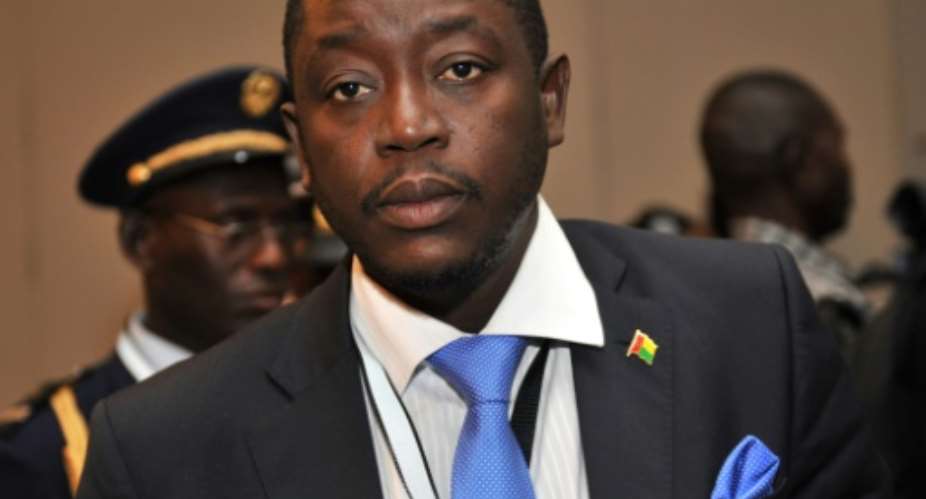Bissau (AFP) - Two weeks after sacking his entire government, the president of Guinea-Bissau on Thursday named Baciro Dja as the west African country's new prime minister, in a move that triggered immediate protests from the ruling party.
Dja's appointment, announced by presidential decree, was swiftly condemned by the ruling African Party for the Independence of Guinea and Cape Verde (PAIGC), whose supporters set fire to tyres near the presidential palace, an AFP reporter saw.
"We will not accept a prime minister chosen by the president," said ex-premier Carlos Correia, who along with a number of former cabinet ministers gathered at the gates of the palace late Thursday where anti-riot police were deployed to provide additional security.
Guinea Bissau's crisis erupted in August when President Jose Mario Vaz fired prime minister Domingos Simoes Pereira of the PAIGC, putting the president on a collision course with the party he himself belongs to.
Both factions say the two men had disagreed over how to run the country, especially on how to tackle corruption.
Pereira was replaced as premier by party veteran Correia but the political turmoil flared up again in December when rebel MPs cost Correia his parliamentary majority.
Vaz then dissolved the government on May 12, demanding that the ruling party piece together a new cabinet able to pull the country out of crisis.
Dja was already named prime minister once before, in August 2015, but was forced to resign within weeks after his appointment was declared unconstitutional.
Alarmed by the ongoing political unrest, the UN Security Council earlier this month called for dialogue in Guinea-Bissau and urged the military not to intervene.
Guinea-Bissau has suffered multiple military coups since independence in 1974 and the army continues to play a heavy role in politics.
The chronic volatility has fanned poverty in this country of 1.6 million, which has few resources other than cashew nuts and fish and has attracted the attention of South American drug cartels who have turned it into a cocaine-trafficking hub.





 Involve private sector for more investors to create employment for Ghanaians – O...
Involve private sector for more investors to create employment for Ghanaians – O...
 Scholarship secretariat boss sues Dafeamekpor, Multimedia for defamation; seeks ...
Scholarship secretariat boss sues Dafeamekpor, Multimedia for defamation; seeks ...
 Nigeria's Central Bank reduces loan-to-deposit ratio to align with monetary tigh...
Nigeria's Central Bank reduces loan-to-deposit ratio to align with monetary tigh...
 Odumasi-Badu road robbery: Police arrest one suspect, on manhunt for other accom...
Odumasi-Badu road robbery: Police arrest one suspect, on manhunt for other accom...
 Court withdraws bench warrant for arrest of CID Director General
Court withdraws bench warrant for arrest of CID Director General
 Election 2024: ‘62% floating voters will vote for NDC parliamentary candidates‘ ...
Election 2024: ‘62% floating voters will vote for NDC parliamentary candidates‘ ...
 Africa continues to face complex challenges due to elevated debt distress, persi...
Africa continues to face complex challenges due to elevated debt distress, persi...
 Let’s find African solutions to Africa’s problems – Akufo-Addo
Let’s find African solutions to Africa’s problems – Akufo-Addo
 Diversify GRIDCo, ECG and VRA – Otumfuo to govt
Diversify GRIDCo, ECG and VRA – Otumfuo to govt
 Court fines man GHS600 for fake penis-shrinking claim
Court fines man GHS600 for fake penis-shrinking claim
